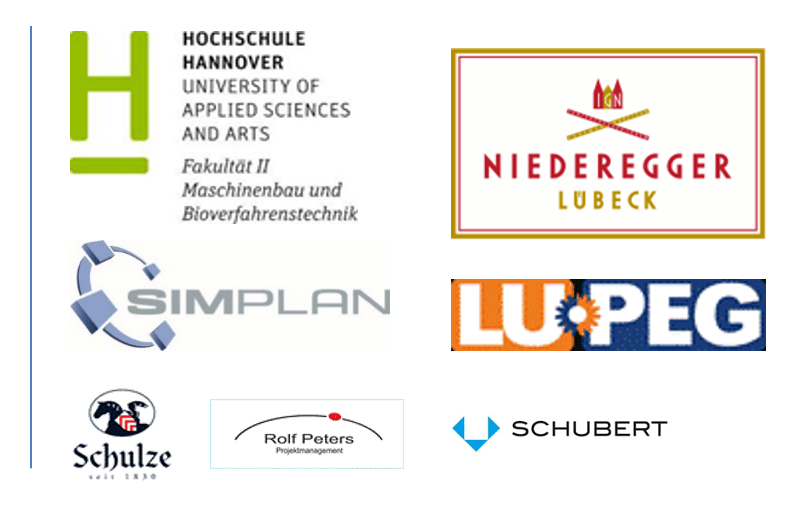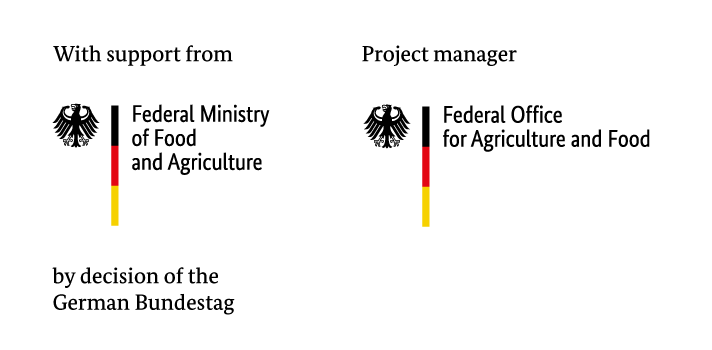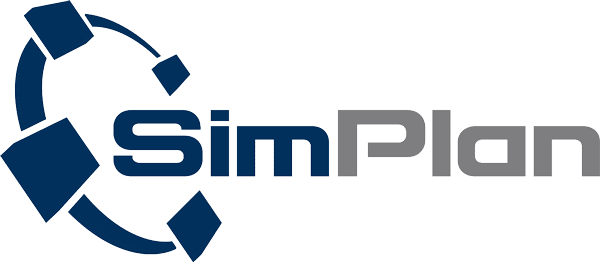DiKoRo – Digital Process Model using the Example of Collaborative Robots for Individualized Food in the Production of SMEs
Germany’s fourth largest industry, the food industry in the SME sector, is still largely characterized by traditional company and process structures, a markedly high proportion of manual process steps, predominantly personalized knowledge and experimental development. This is the reason for the necessity of digital transformation, but also for the extremely hesitant penetration of methods and techniques of the 4th industrial revolution (robotics, CPPS, smart factory, IoS, IoT, …), although the federal ministries are pushing precisely this – across all industries.
This is where the research project comes in. The project goal is the development of a digital process model using the example of the use of collaborative robots for individualized food in the production of small and medium-sized enterprises. The focus is on a step-by-step digital transformation and a joint, interdisciplinary approach while retaining the valuable artisanal character of production in SMEs in the food industry as a unique selling point and quality feature.
The correct sequence of the digital transformation is decisive for reproducible, technical and economic success. First, the prerequisites must be created in the form of a food technology, machine technology, production organization, information technology and business management digital process model (the so-called digital twin), and then the introduction of the technology and technology that consistently builds on this and is in line with Industry 4.0 must be implemented as a prototype – in this case, in the specific DiKoRo project, the use of collaborative robots for the craft-based production of individual foods. The product-related focus is on the individual decoration of baked goods and confectionery such as cakes, gingerbread, cookies, … with flowable foods such as chocolate, icing, jelly, food coloring … e.g. for small series such as company anniversaries and individual pieces, e.g. for orders via online stores, … on the basis of a collaborative, i.e. innovative and highly flexible robot system suitable for SMEs.
In this project, SimPlan is working together with HS Hannover to create the digital process model (digital twin) and the appropriate simulation environment. Thereby, building blocks are developed for the mapping and simulation of a human-robot interaction in a simulation model. Examples: Robot as 3rd hand of the employee, coexistence – job sharing.
The project consortium includes the following partners:
- HS Hannover
- SimPlan AG (consortium leader)
- J.G. Niederegger GmbH & Co. KG
- LUPEG GmbH
- LUPEG GmbH
- Heinrich Schulze Ladencafé GmbH
- Engineering office Rolf Peters
Associated Project Partner:
- Gerhard Schubert GmbH

The DiKoRo research project (grant number: 281A504A19) is funded by the German Federal Agency for Agriculture and Food. The funding started in December 2020 and will last 2 years.


